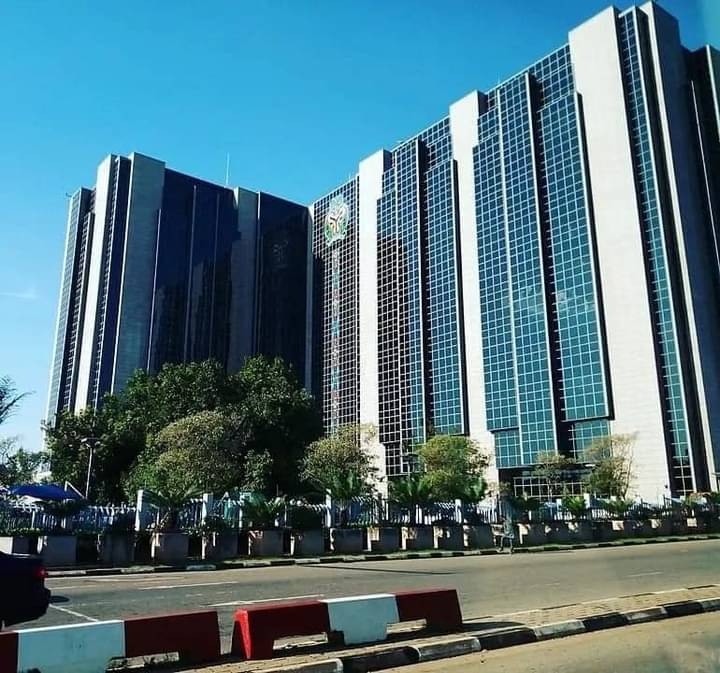The Economy of Nigeria
The Economy of Nigeria
The economy of Nigeria is a middle-income, mixed economy and emerging market with expanding manufacturing, financial, service, communications, technology, and entertainment sectors.
It is ranked as the 31st-largest economy in the world in terms of nominal GDP, the largest in Africa and the 27th-largest in terms of purchasing power parity. ( GDP$506.6 billion (nominal, 2023) $1.275 trillion (PPP, 2023)
Nigeria has the largest economy in Africa. The country's re-emergent manufacturing sector became the largest on the continent in 2013, and it produces a large proportion of goods and services for the region of West Africa.
Nigerian GDP at purchasing power parity (PPP) has almost tripled from $170 billion in 2000 to $451 billion in 2012, though estimates of the size of the informal sector(which is not included in official figures) put the actual numbers closer to $630 billion. Subsequently, the GDP per capita doubled from $1400 per person in 2000 to an estimated $2,800 per person in 2012. Again, with the inclusion of the informal sector, it is estimated that GDP per capita hovers around $3,900 per person.
The country's population increased from 120 million in 2000 to 160 million in 2010. The GDP figures were to be revised upwards by as much as 80% when metrics were to be recalculated after the rebasing of its economy in April 2014.
Although oil revenues contributed 2/3 of state revenues, oil only contributes about 9% to the GDP. Nigeria produces only about 2.7% of the world's oil supply. Although the petroleum sector is important, as government revenues still heavily rely on this sector, it remains a small part of the country's overall economy.
The largely subsistence agricultural sector has not kept up with the country's rapid population growth. Nigeria was once a large net exporter of food, but currently imports some of its food products. Mechanization has led to a resurgence in the manufacturing and exporting of food products, and there was consequently a move towards food sufficiency.
In 2006, Nigeria came to an agreement with the Paris Club to buy back the bulk of its owed debts from them, in exchange for a cash payment of roughly US$12 billion.
According to a Citigroup report published in February 2011, Nigeria would have the highest average GDP growth in the world between 2010 and 2050.
Nigeria is one of two countries from Africa among the 11 Global Growth Generators countries.
Source: Wikipedia

Posted using SoMee